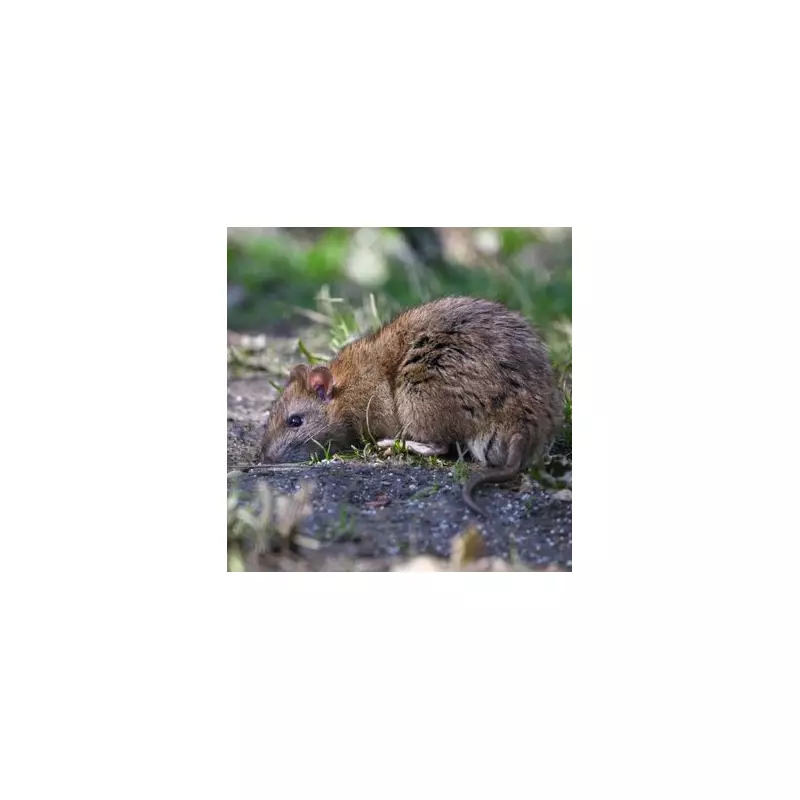
Britain could soon face an invasion of giant, radiation-resistant 'super rats' capable of surviving a nuclear war, according to alarming new research. These mutant rodents are believed to be evolving biological advantages that make them nearly indestructible in extreme conditions.
The Unstoppable Rodent Threat
Scientists warn that common brown rats (Rattus norvegicus) are developing genetic mutations that could allow them to withstand radiation levels that would prove fatal to most mammals. This terrifying evolutionary adaptation means the pests could potentially thrive in post-apocalyptic environments where other species perish.
Urban Invaders
Experts note these resilient rats are already demonstrating:
- Enhanced DNA repair mechanisms
- Increased resistance to toxins
- Improved immune systems
- Greater reproductive rates under stress
With growing populations in UK cities like London, Birmingham and Manchester, authorities fear these 'hard-wired' survivors could become impossible to eradicate if their mutations continue developing.
From Sewers to Nuclear Bunkers
Professor James Smith from the University of Portsmouth explains: "What we're seeing is natural selection in action. Rats that survive pest control measures pass on their resilient genes, creating populations that are increasingly difficult to manage."
The research suggests nuclear radiation might actually accelerate this evolutionary process, potentially creating colonies of super-sized, radiation-proof rodents within just a few generations.
A Growing Urban Problem
Recent data shows:
- Rat populations have increased 25% in UK cities since 2020
- Reports of unusually large specimens are becoming more common
- Traditional poisons are losing effectiveness against some populations
While the nuclear scenario remains hypothetical, pest control experts warn that these evolutionary trends could make rat infestations far more challenging to control in coming years.





